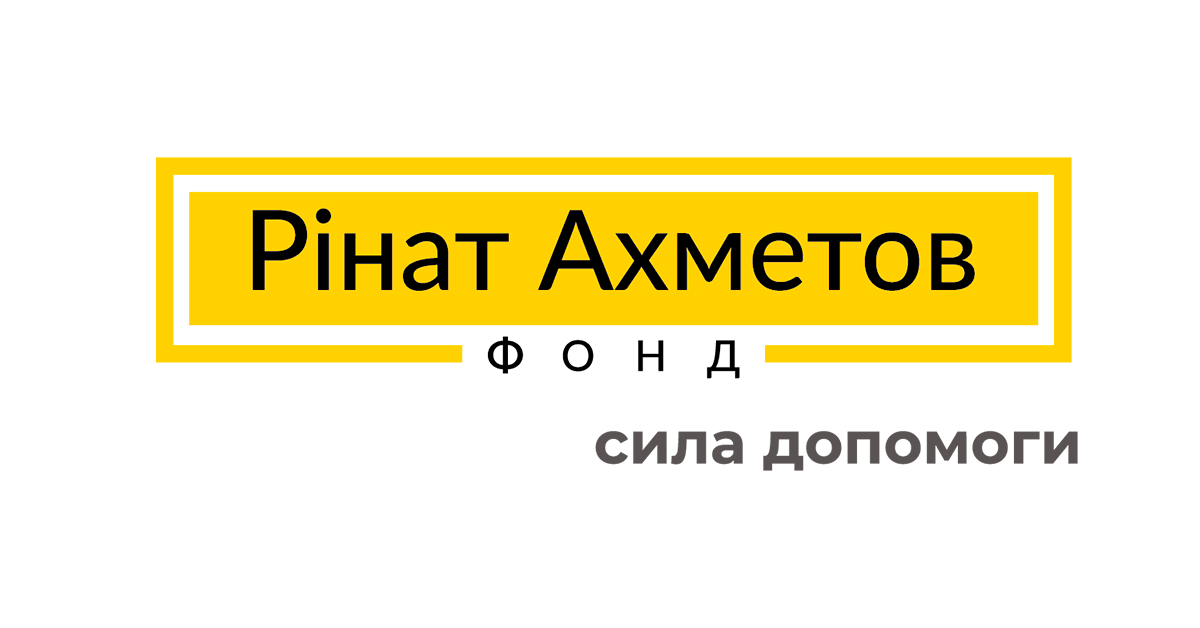The Uniform Clinical Protocol for TB Detection and Treatment was developed and printed for the first time in Ukraine
On July, 2013 the first in Ukraine Uniform Clinical Protocol for TB Detection and Treatment was published; earlier approved by MoH Ukraine in December 2012 (Order No. 1091). The printing and distribution of the Protocol was provided by ICF "International HIV/AIDS Alliance in Ukraine" under the "Stop TB in Ukraine" program implemented by Rinat Akhmetov Foundation for "Development of Ukraine" supported by the Global Fund to Fight AIDS, Tuberculosis and Malaria.
The Uniform Clinical Protocol for TB Detection and Treatment is a major medical and technological document to be followed by medical specialists in a particular clinical situation, avoiding inefficient and wrong decisions, and choosing the most effective TB case management model.
The Protocol was developed based on the Adapted Clinical Guidelines "Tuberculosis", recommended as an evidence base source of best medical practice. Whereas the Clinical Guidelines are based on the approaches to TB diagnosis and treatment recommended by WHO (World Health Organization) and NICE (National Institute for Health and Care Excellence, UK).
The Clinical Protocol is designed to be a basic document for the development of local protocols in all regions of Ukraine that shall reflect the local routes of a patient considering the specifics of TB care provision in the region. The Protocol is designed not only for the TB specialists, but also for the general practitioners: family physicians, internists and pediatricians, emergency medicine physicians, other health care professionals involved in providing care to TB patients. The document covers various stages of TB prevention, detection, diagnosis and treatment in the primary, secondary (specialized) and tertiary (highly qualified) level of care.
In particular, the Protocol will help doctors to manage TB cases with preserved sensitivity of Mycobacterium tuberculosis to chemotherapy in cases of multi-drug resistant TB (when disease is resistant to most of the proposed treatment schemes and regimens); or, for example, in cases of TB combination with other infections, such as HIV/AIDS.
Download the Protocol




